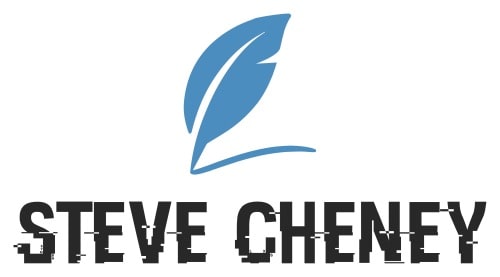Condo ownership poses numerous legal obstacles that necessitate special knowledge. Owners, residents, and board members must navigate complex legal matters related to governance, property rights, and financial aspects in an efficient manner.
If conflicts arise between condo owners and their condominium corporation, board or other residents, it’s crucial that legal advice be sought immediately.
Free Legal Advice
Condominium law can be complex, so it is wise to consult an expert lawyer before making any major decisions. Whether you are facing issues with your board or just have general inquiries about running your association, free legal advice from professionals may provide the answers needed for optimal solutions in any given circumstance.
Condo owners are entitled to obtain copies of all governing documents related to their association, such as board meeting minutes, financial reports, budgets, vendor contracts, insurance policies and reserve account statements. Furthermore, they have the ability to review these documents at any time upon written request.
Condominium owners can request fair hearings before the CAT; however, they should come prepared with evidence and arguments in an organized fashion. A lawyer may help the owner focus on presenting their case effectively while saving both time and costs associated with defending an unrepresented unit owner’s lawsuit against their condo corporation.
Free Condo Dispute Resolution
Condo living can offer many advantages, from convenience and affordability to dispute resolution options that help quickly and efficiently address these issues. Understanding what causes condominium disputes, as well as exploring all available resolution methods, may help condominium owners resolve these matters efficiently.
An effective means for settling condominium disputes is mediation, in which a neutral third party works with both sides to identify their needs and arrive at solutions they can all accept. Mediation tends to be less costly and time-consuming than litigation while often producing more creative, flexible outcomes.
Arbitration can also help resolve condominium disputes, with an impartial arbitrator hearing evidence from both sides before making a binding decision for both sides. Although arbitration can sometimes work well in condominium disputes, its use must take into account local condominium regulations as it leaves little recourse for appeal if either party doesn’t like what was decided.
Free Condo Legal Advice
Condo owners and their families may not always understand all their rights as condominium owners and residents. A lawyer can provide invaluable help regarding how your association runs, disputes with other condo owners and board members, concerns regarding property damage and maintenance fees, and more.
Condo associations typically maintain governing documents that outline how the condo association will operate, such as the number and duties/responsibilities of board members, frequency and length of board meetings and service term length. Condo owners have access to these documents as well as vendor contracts, delinquency reports, insurance policies, and any financial reports available.
Condo owners also have the right to run for and vote in annual board elections. These elections should follow the procedures outlined by their association’s bylaws, with sufficient notice prior to each election, date of voting, candidate requirements, and any regulations or requisitioning a meeting to add items onto an agenda.
If you have questions оr concerns about your condo association, seeking a condo lawyer free consultation іs highly recommended. A qualified attorney can provide guidance and support tо protect your rights and interests as a condo owner.








